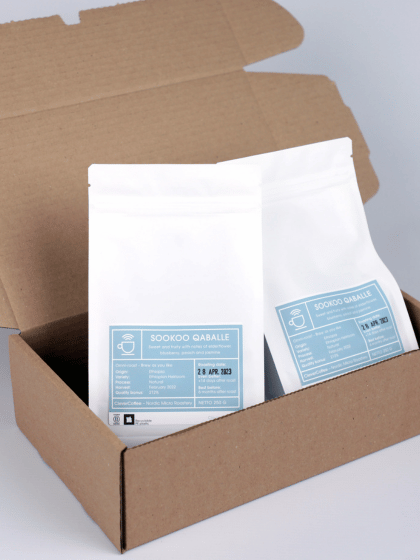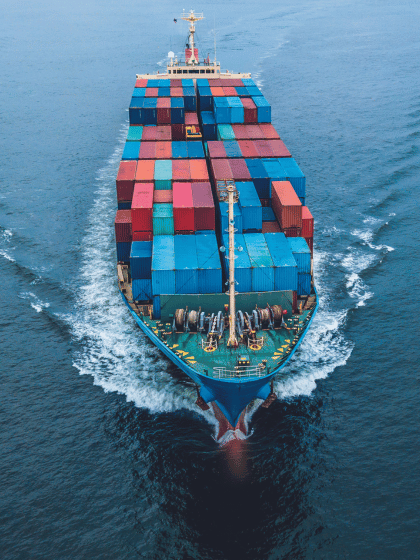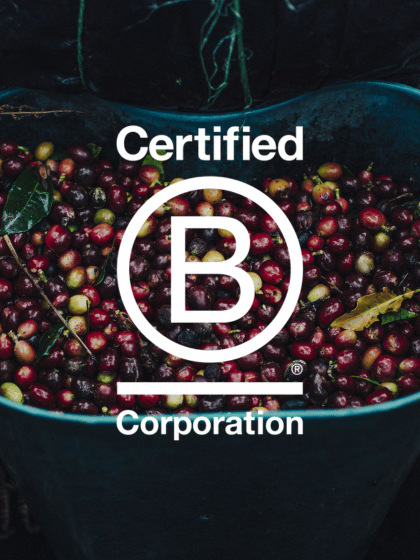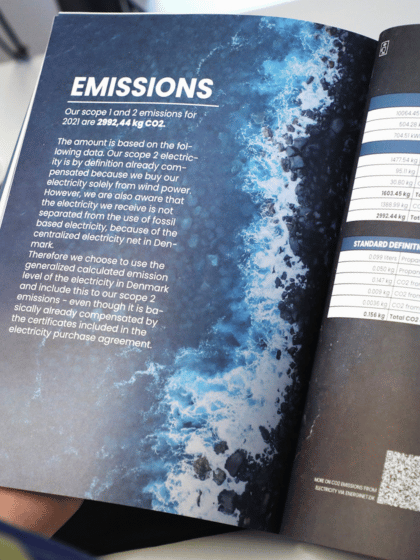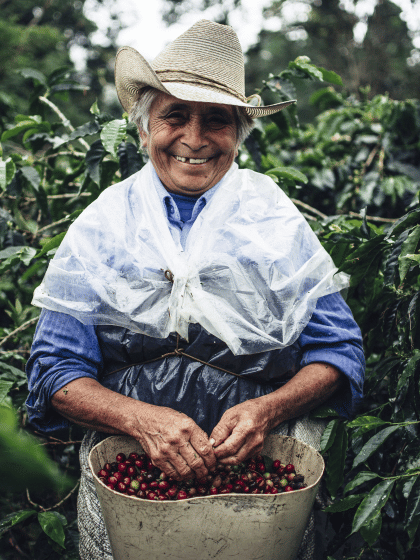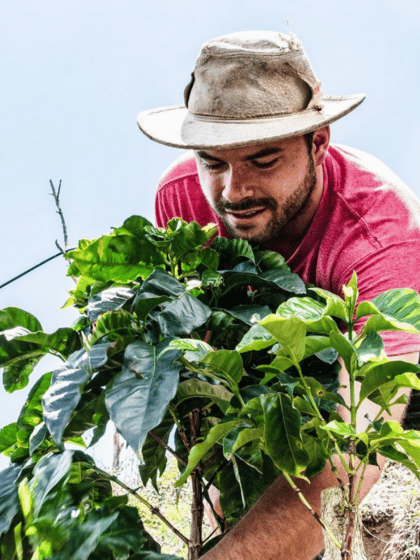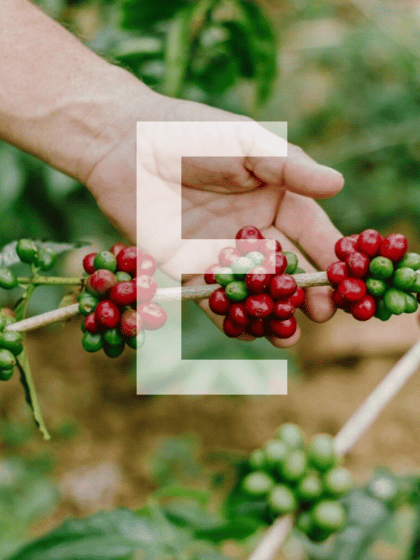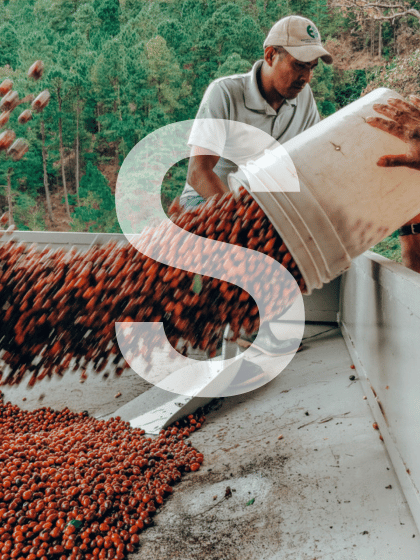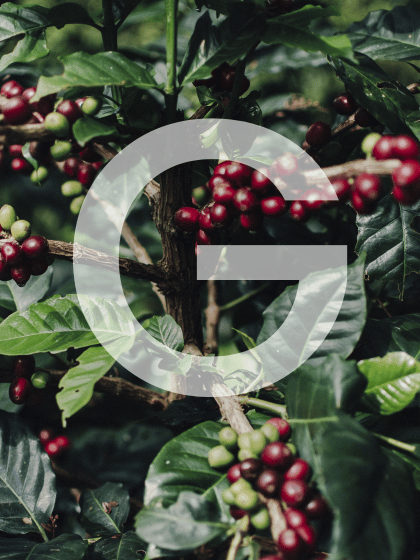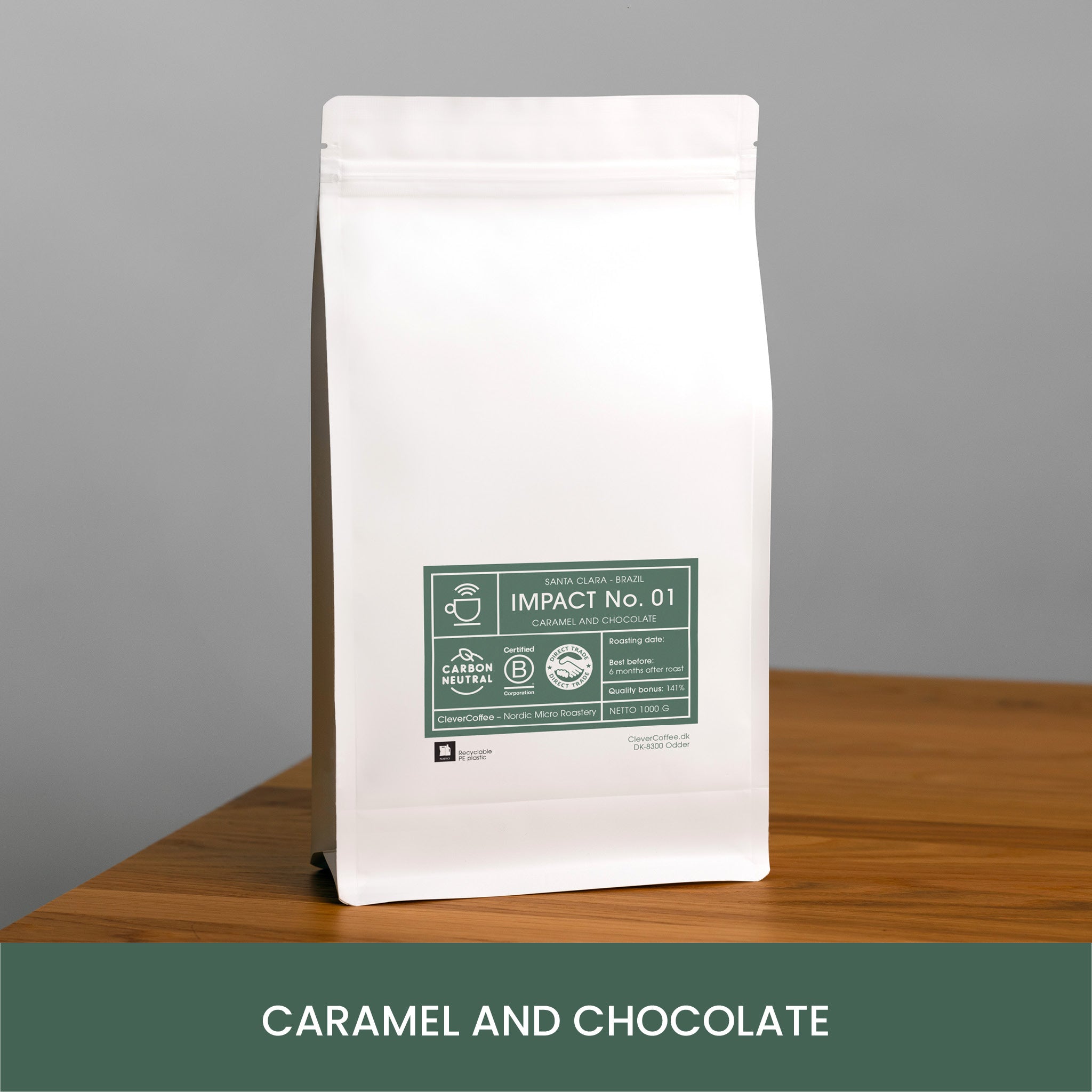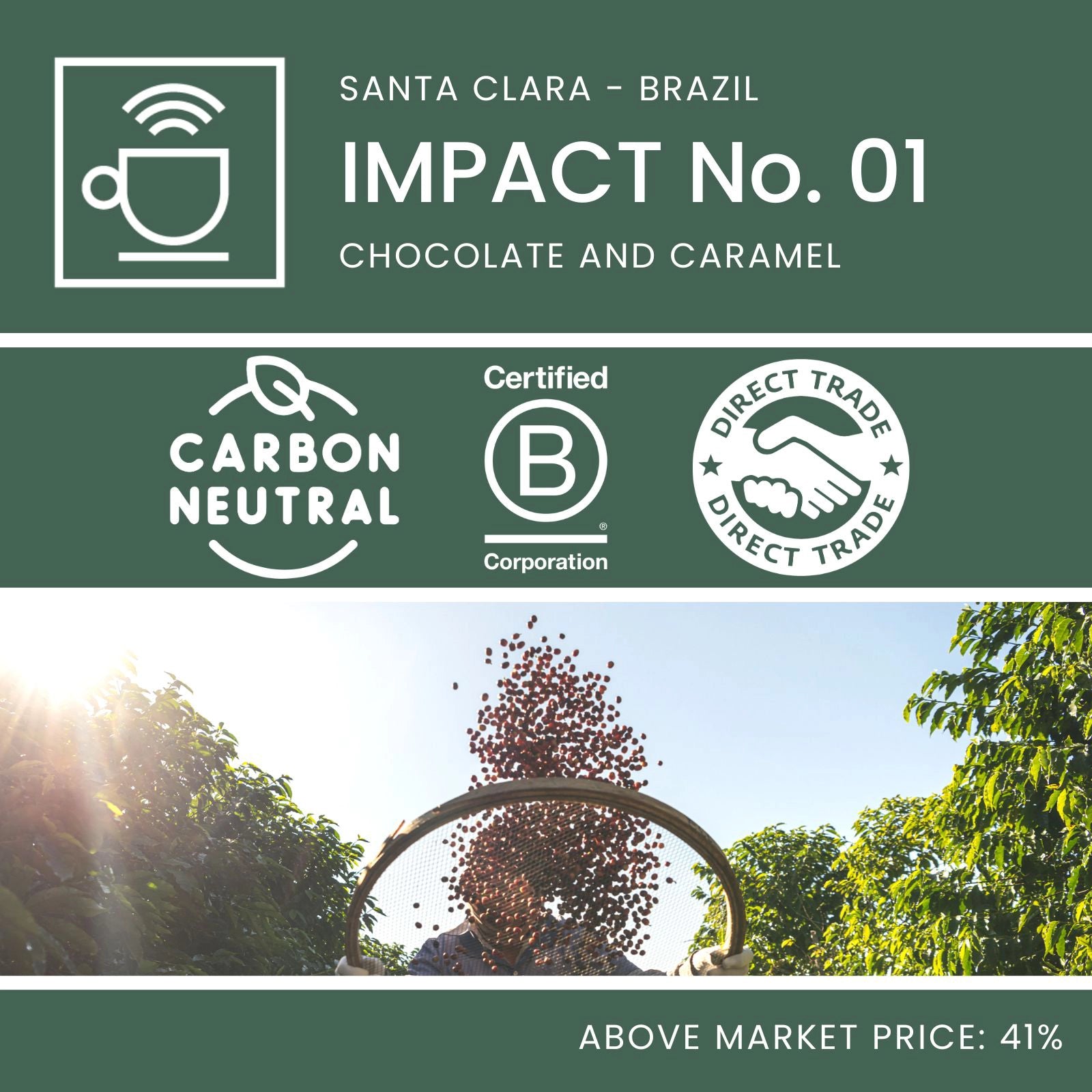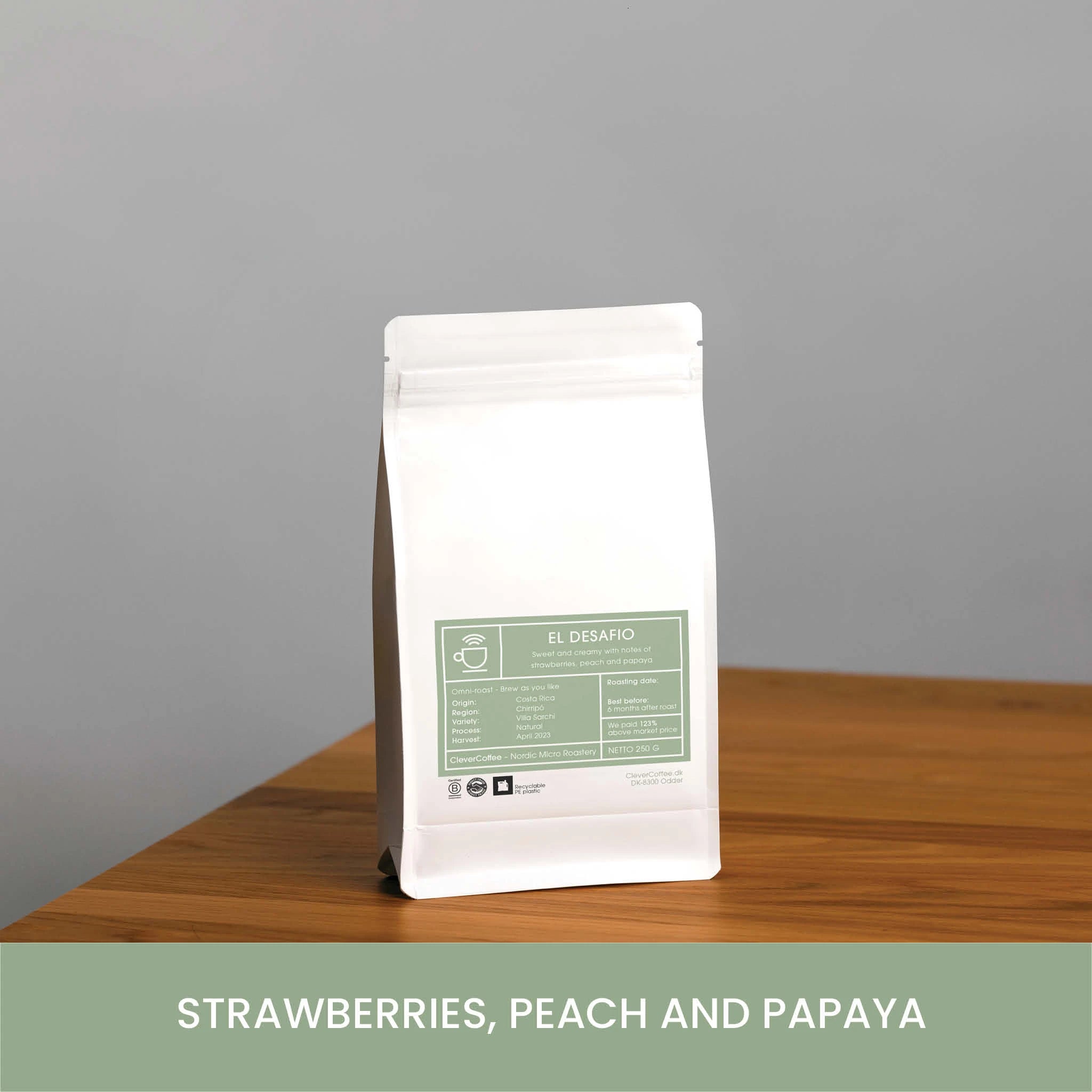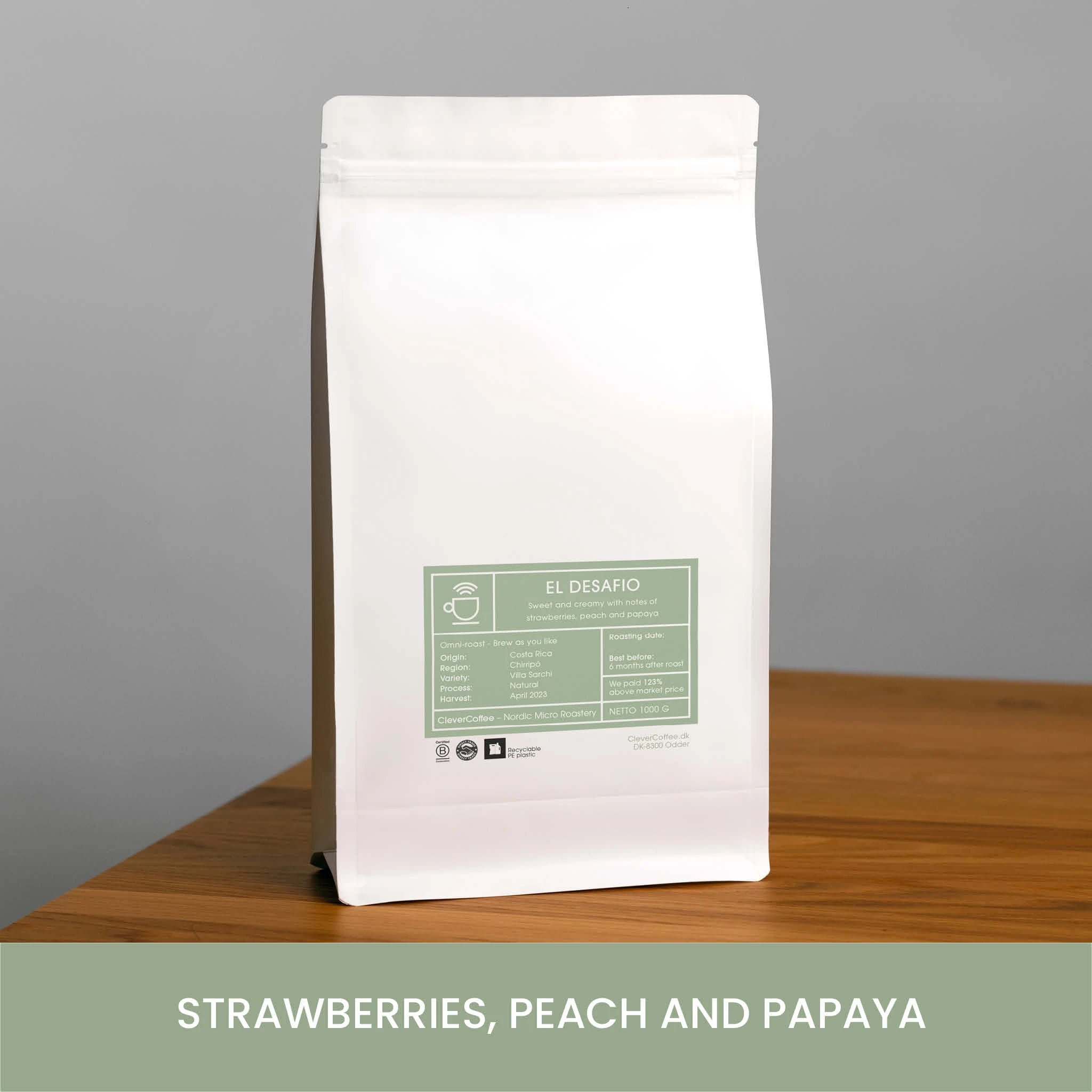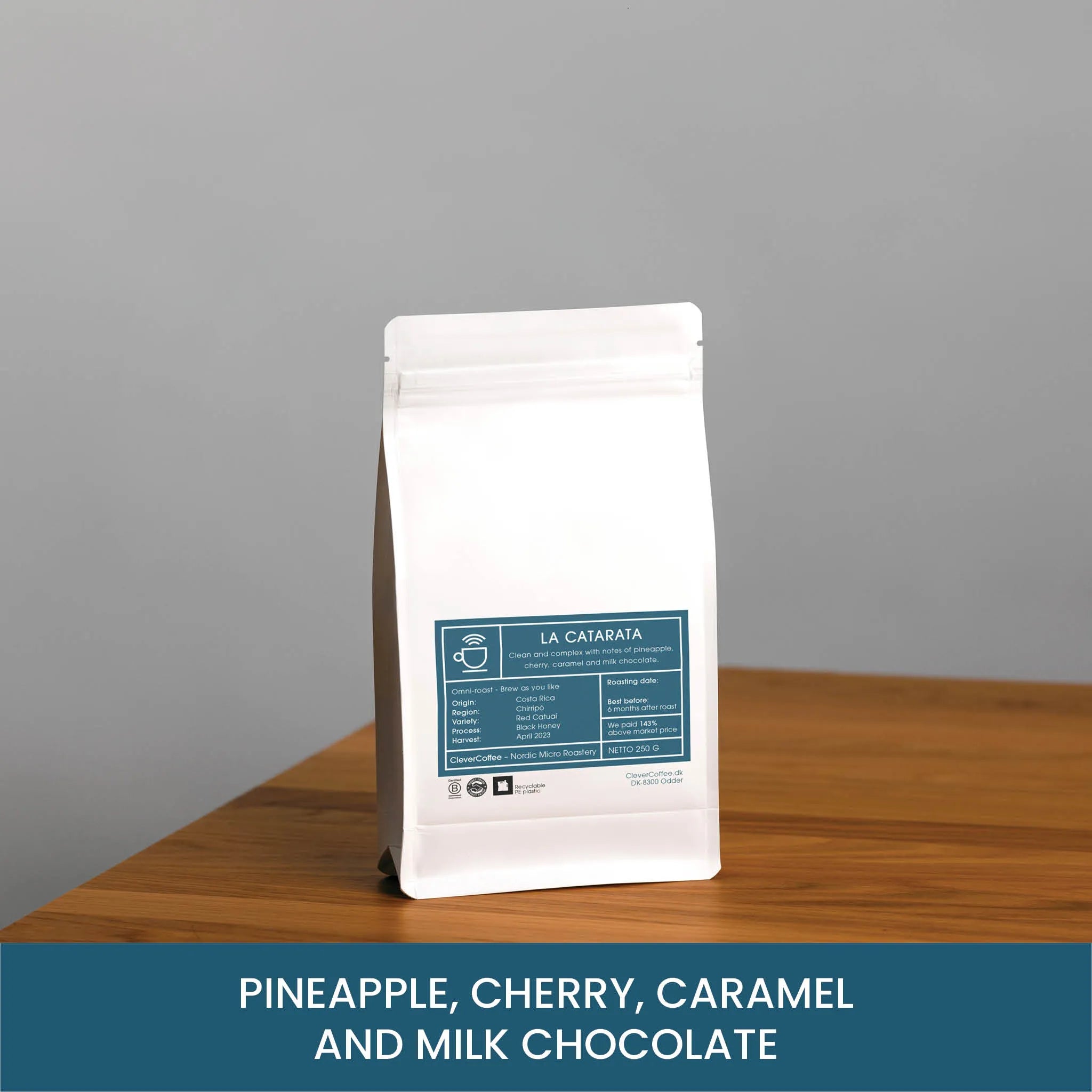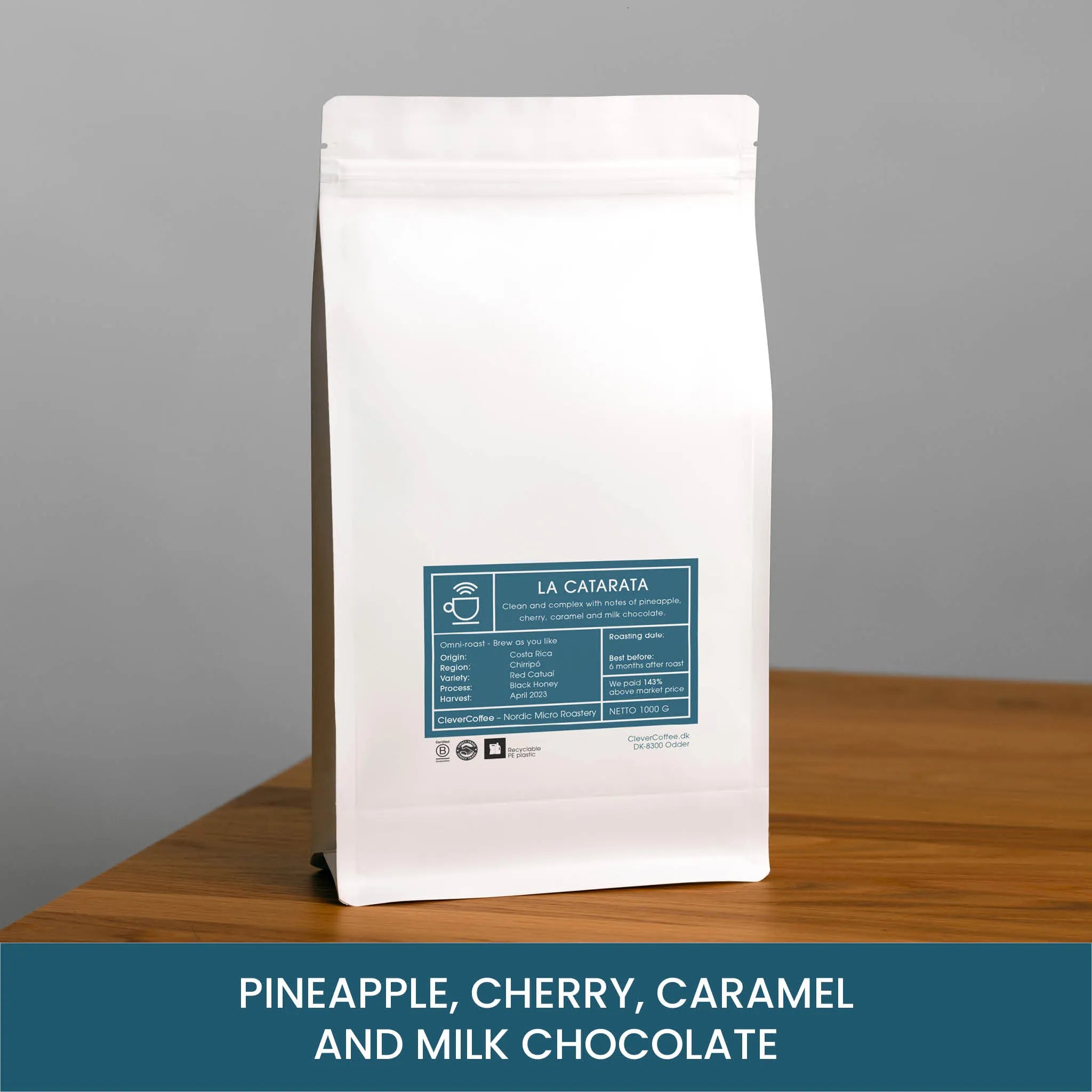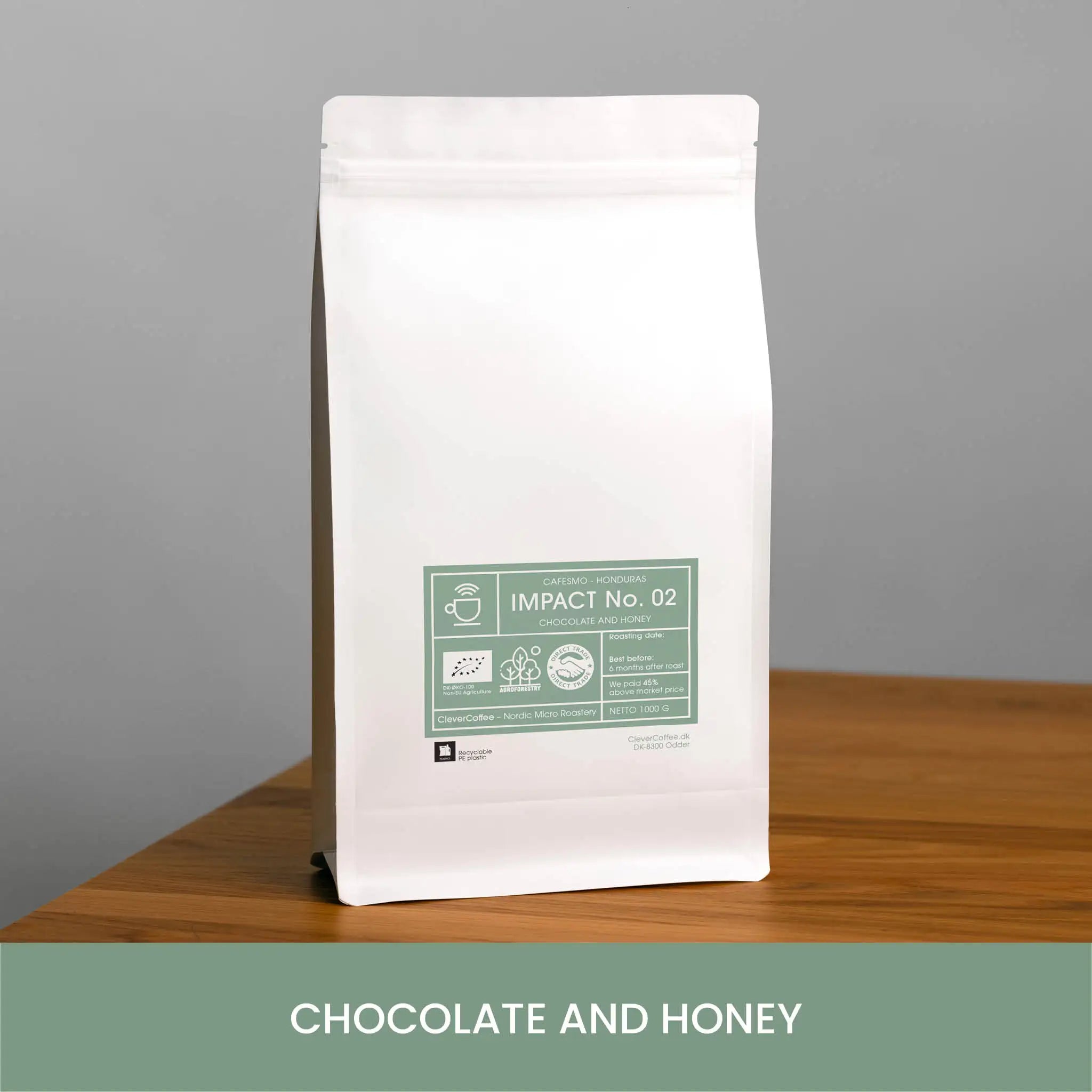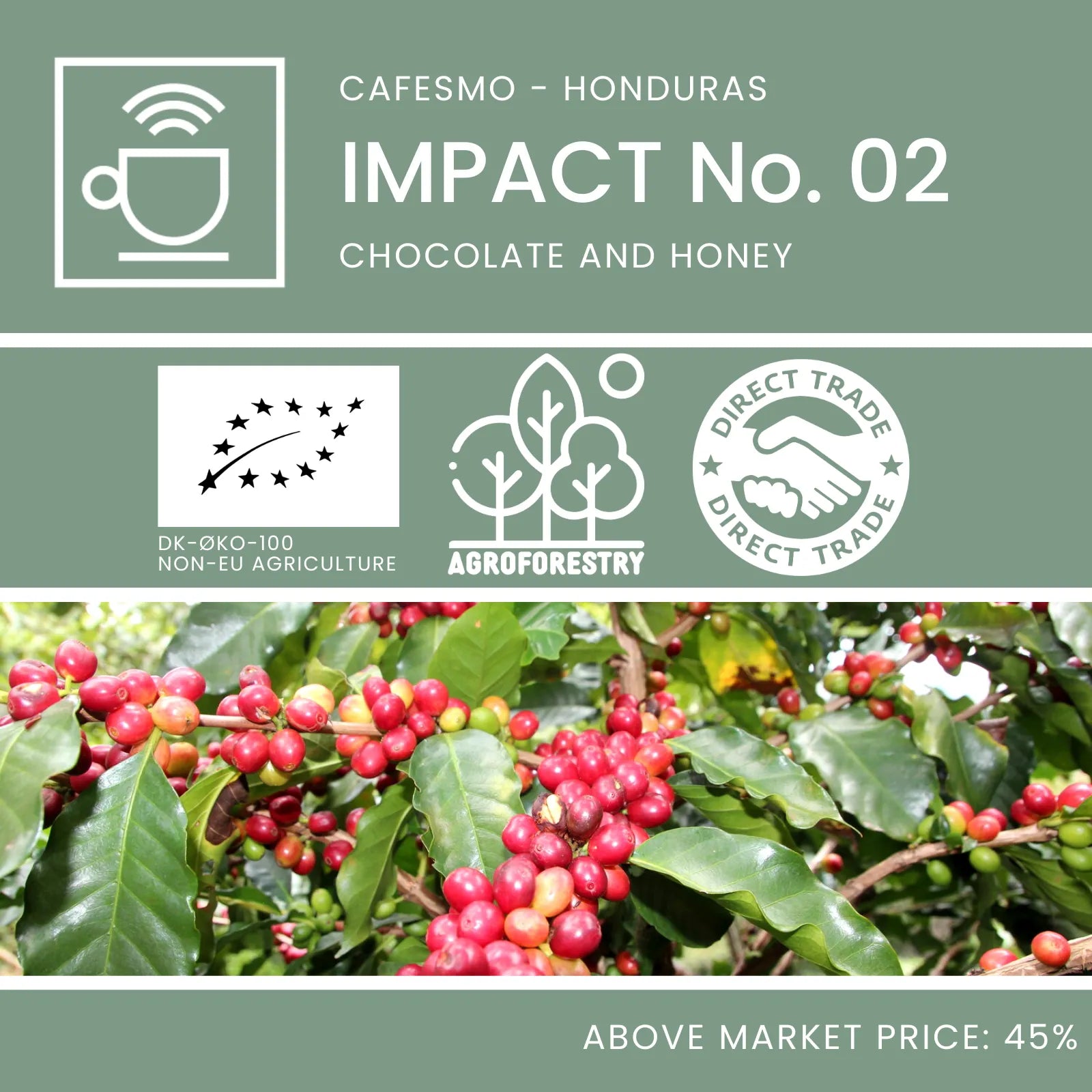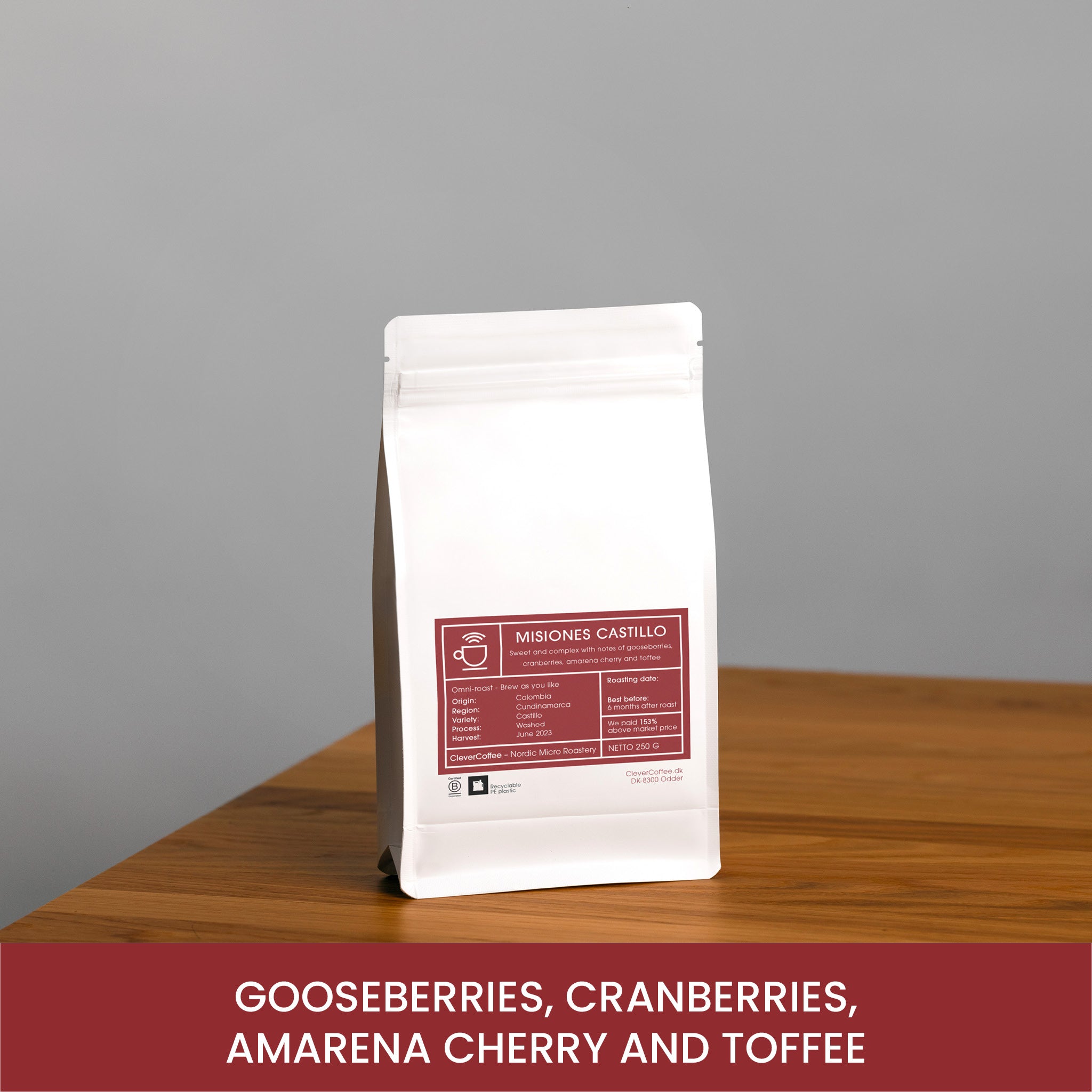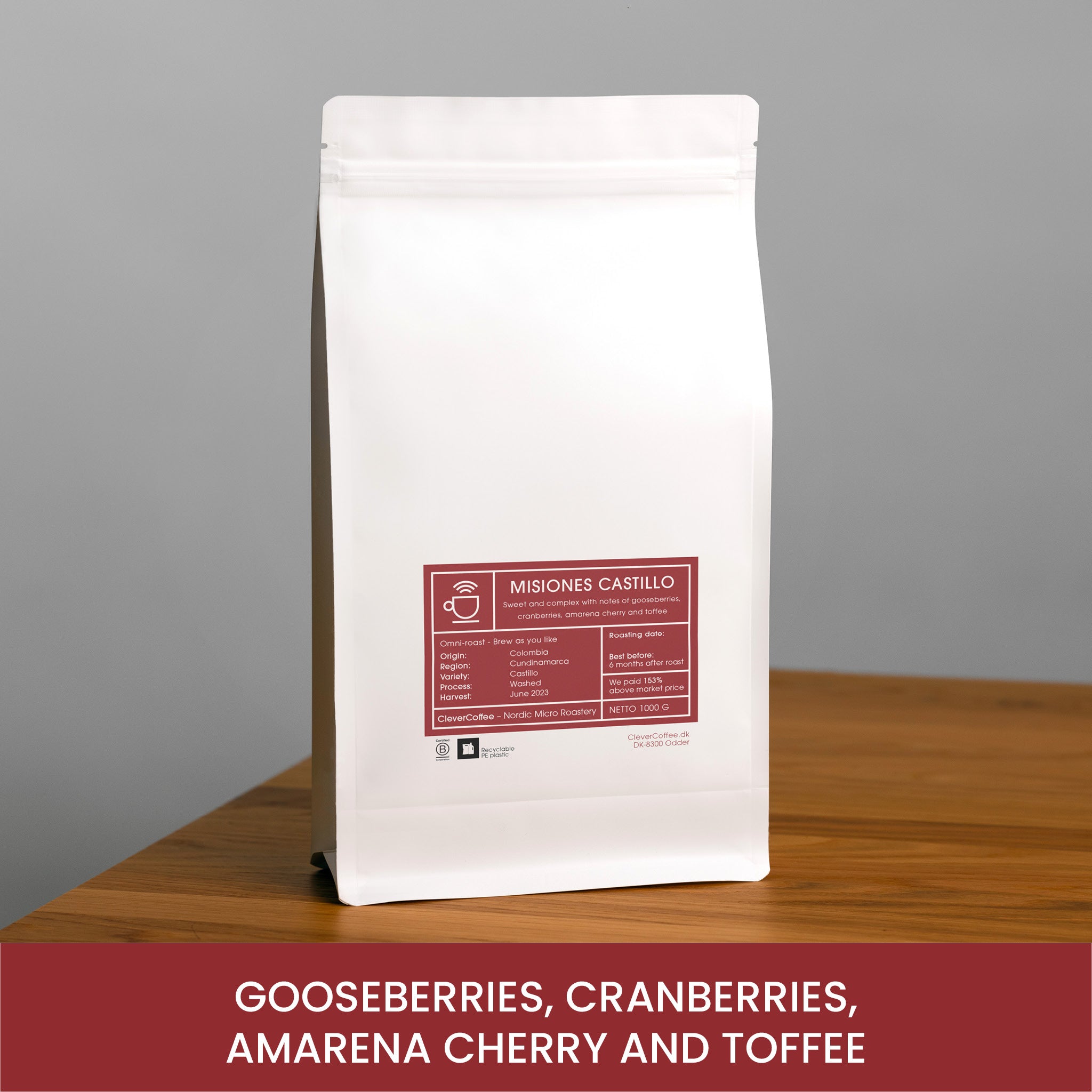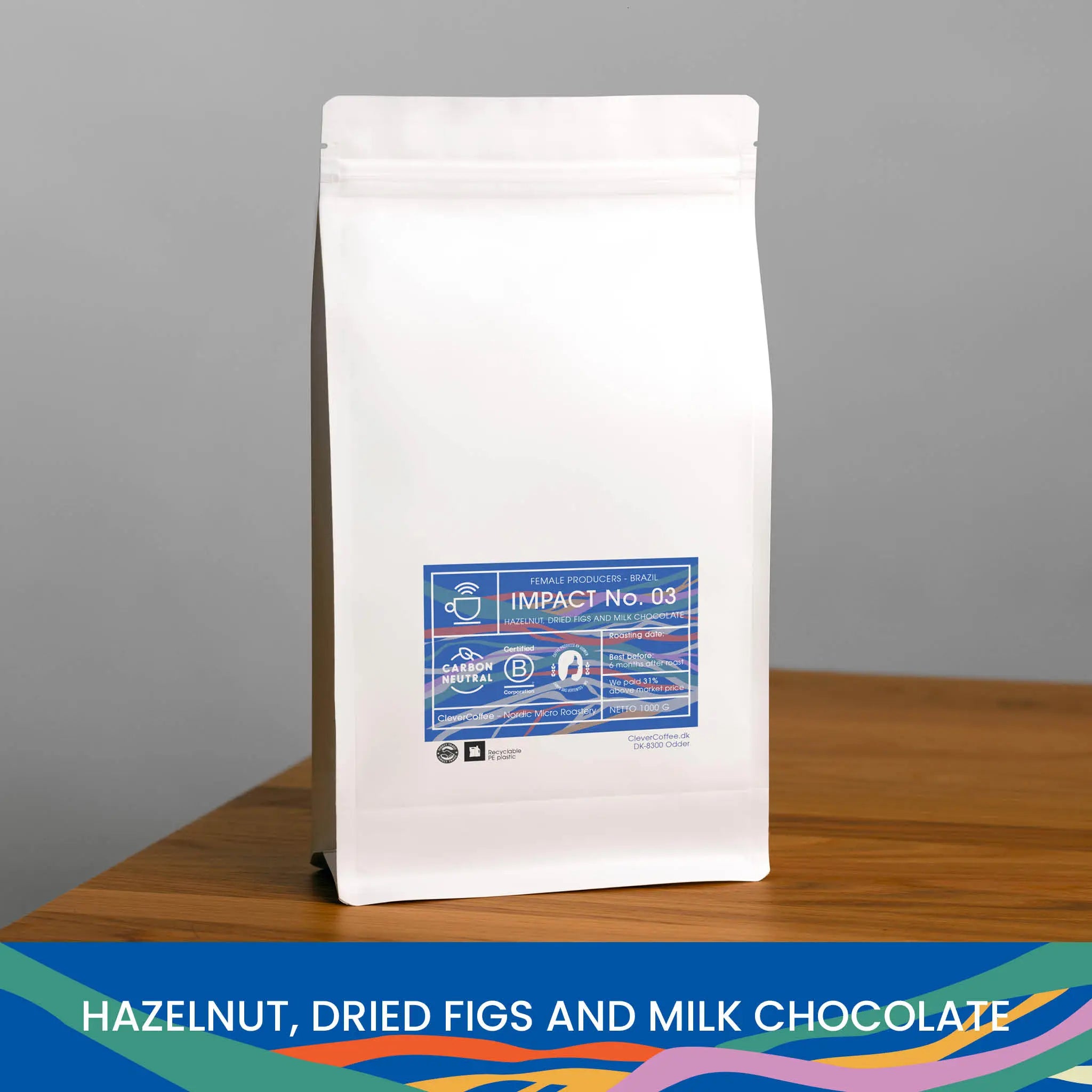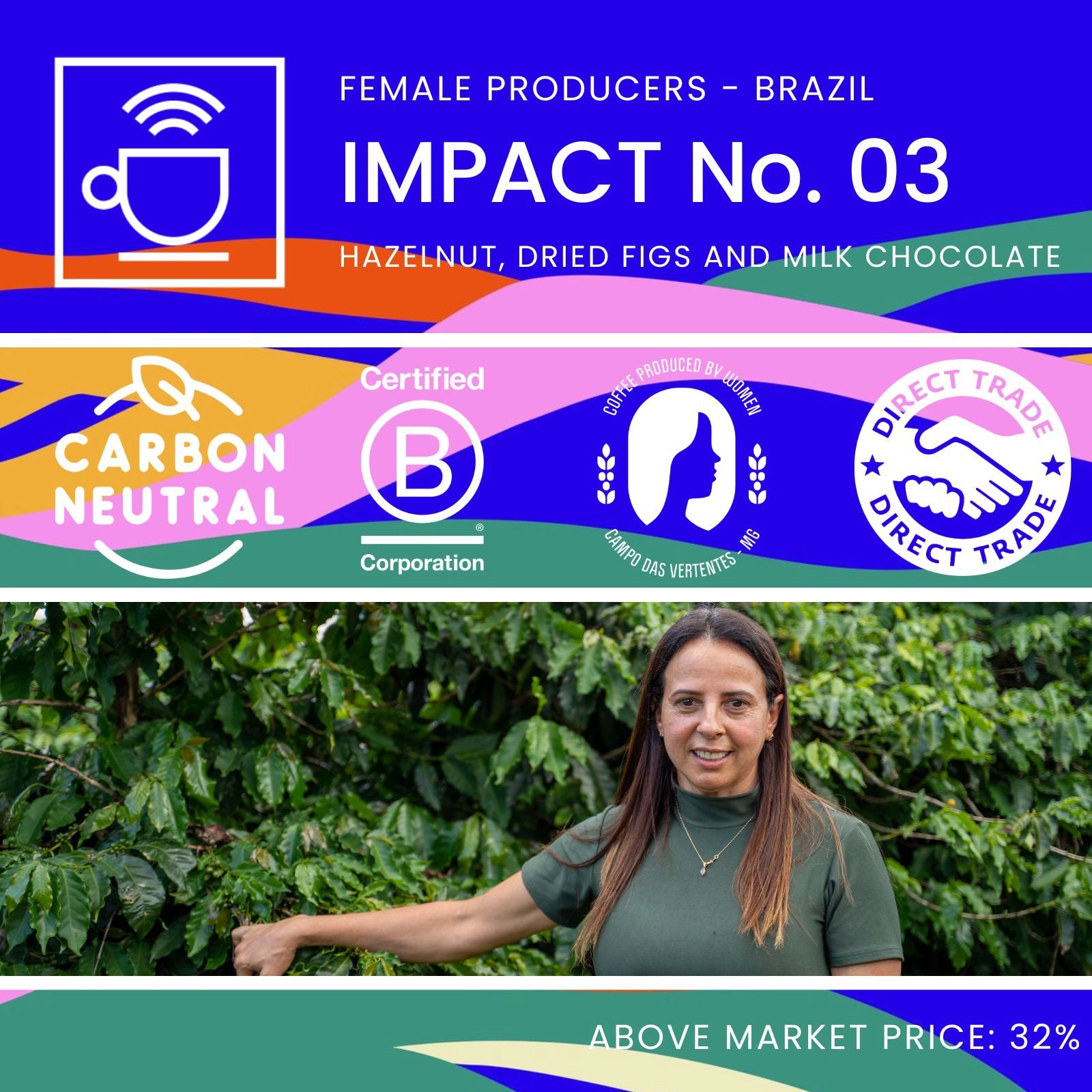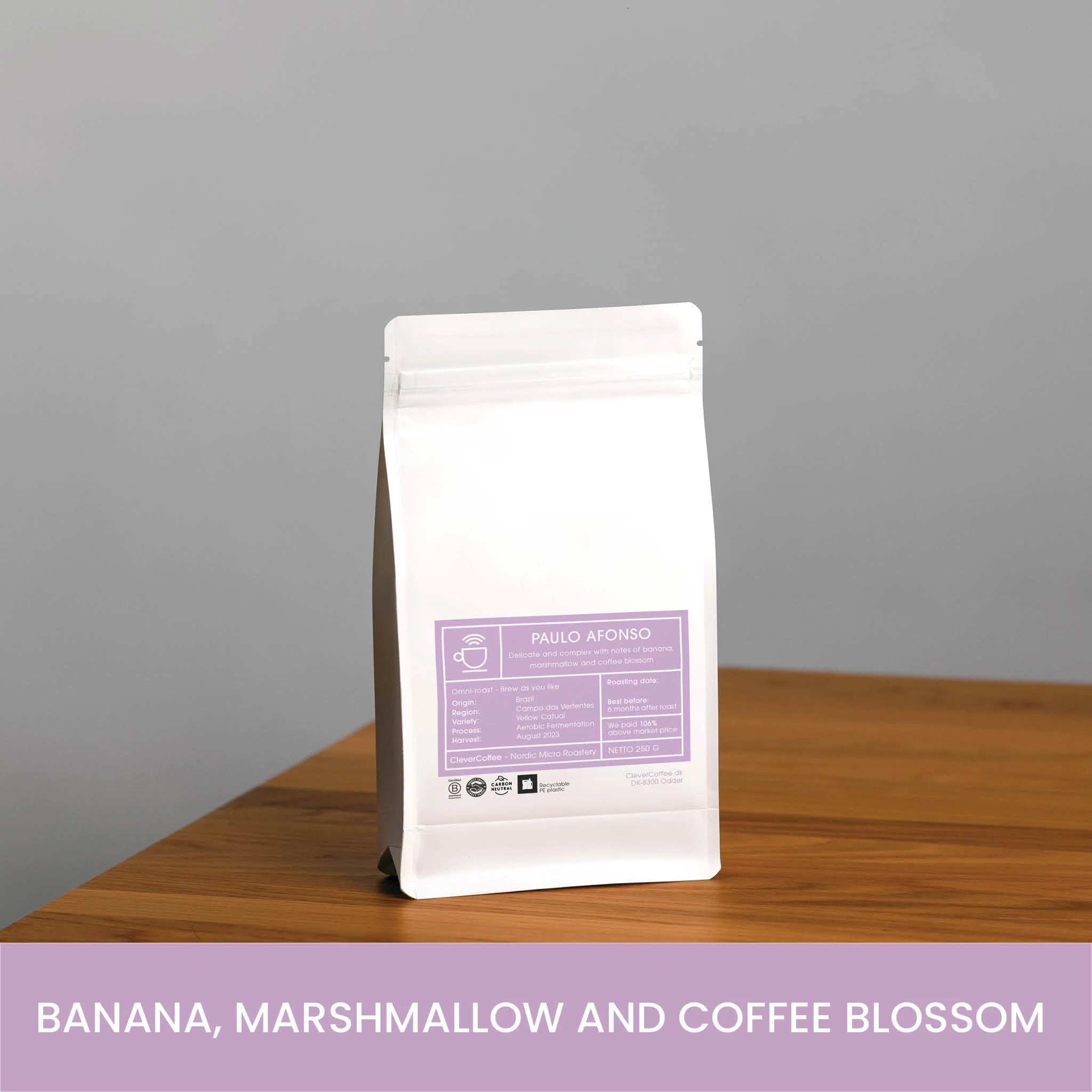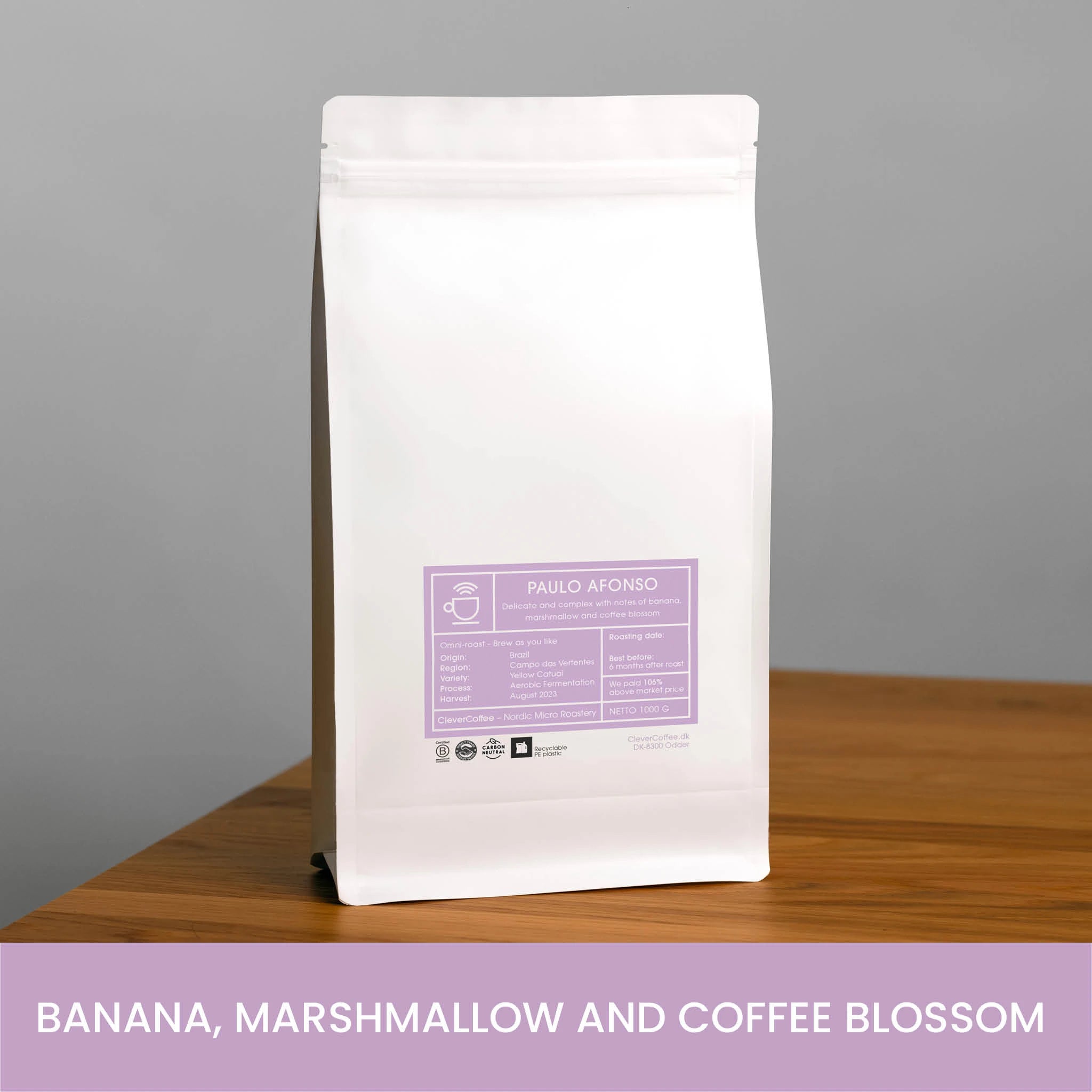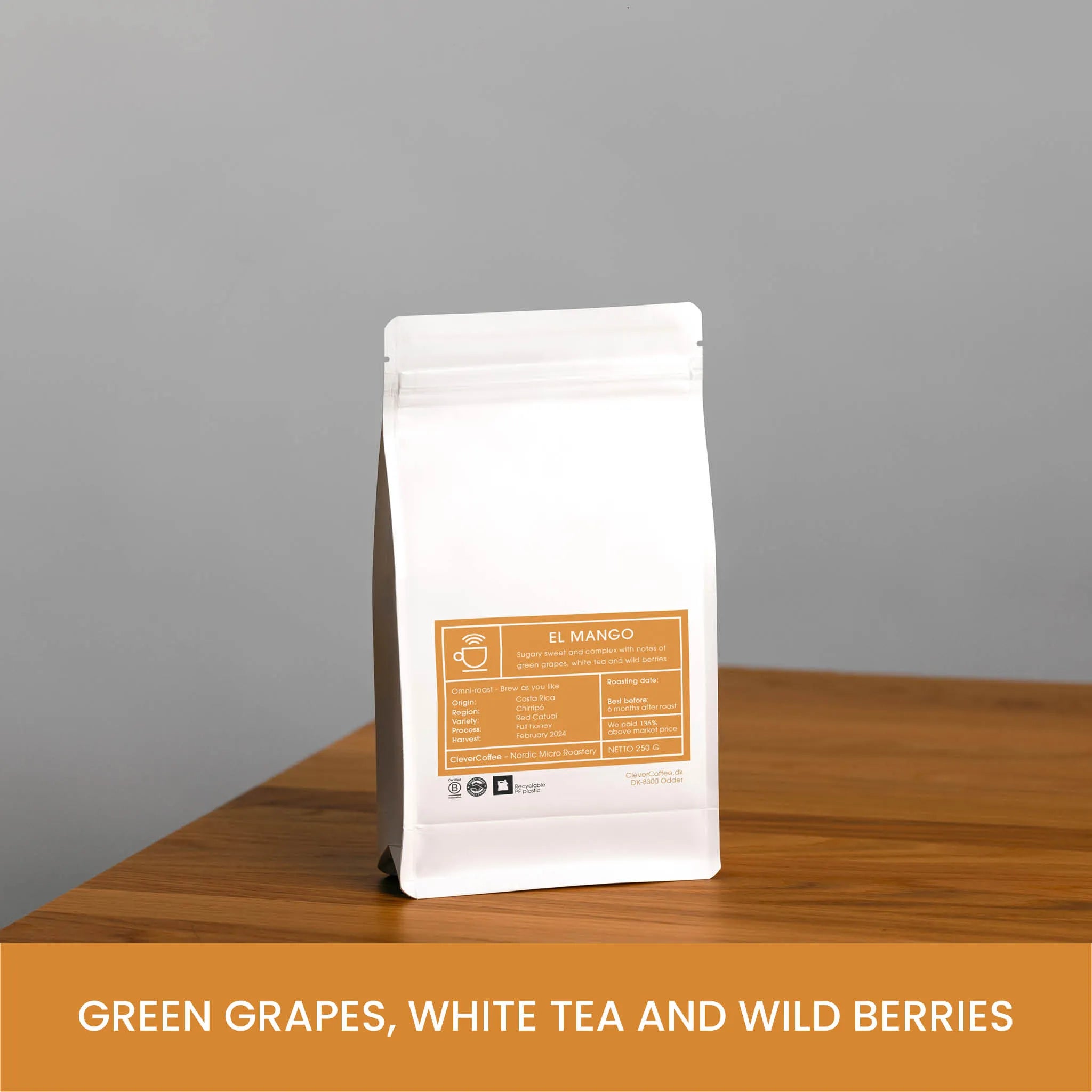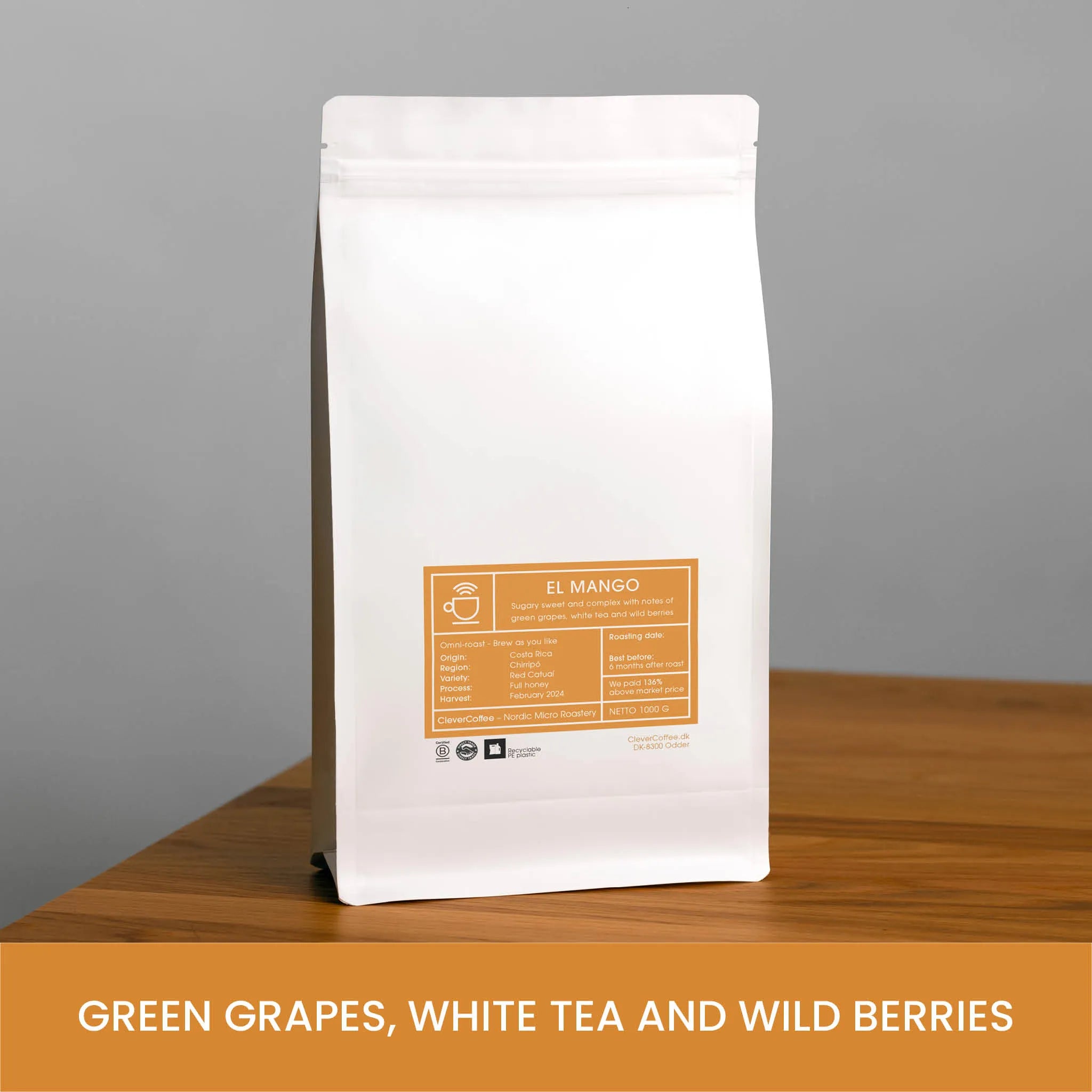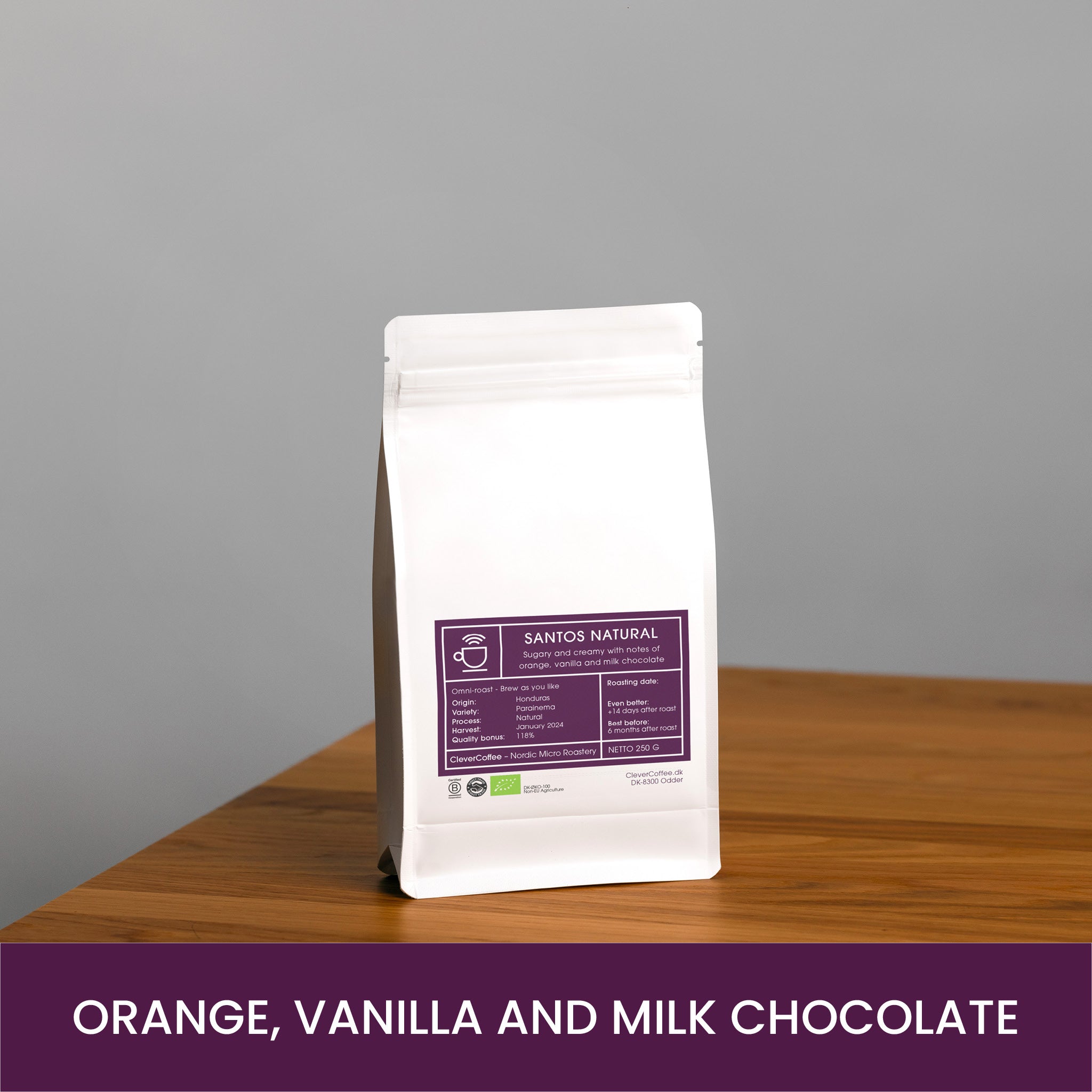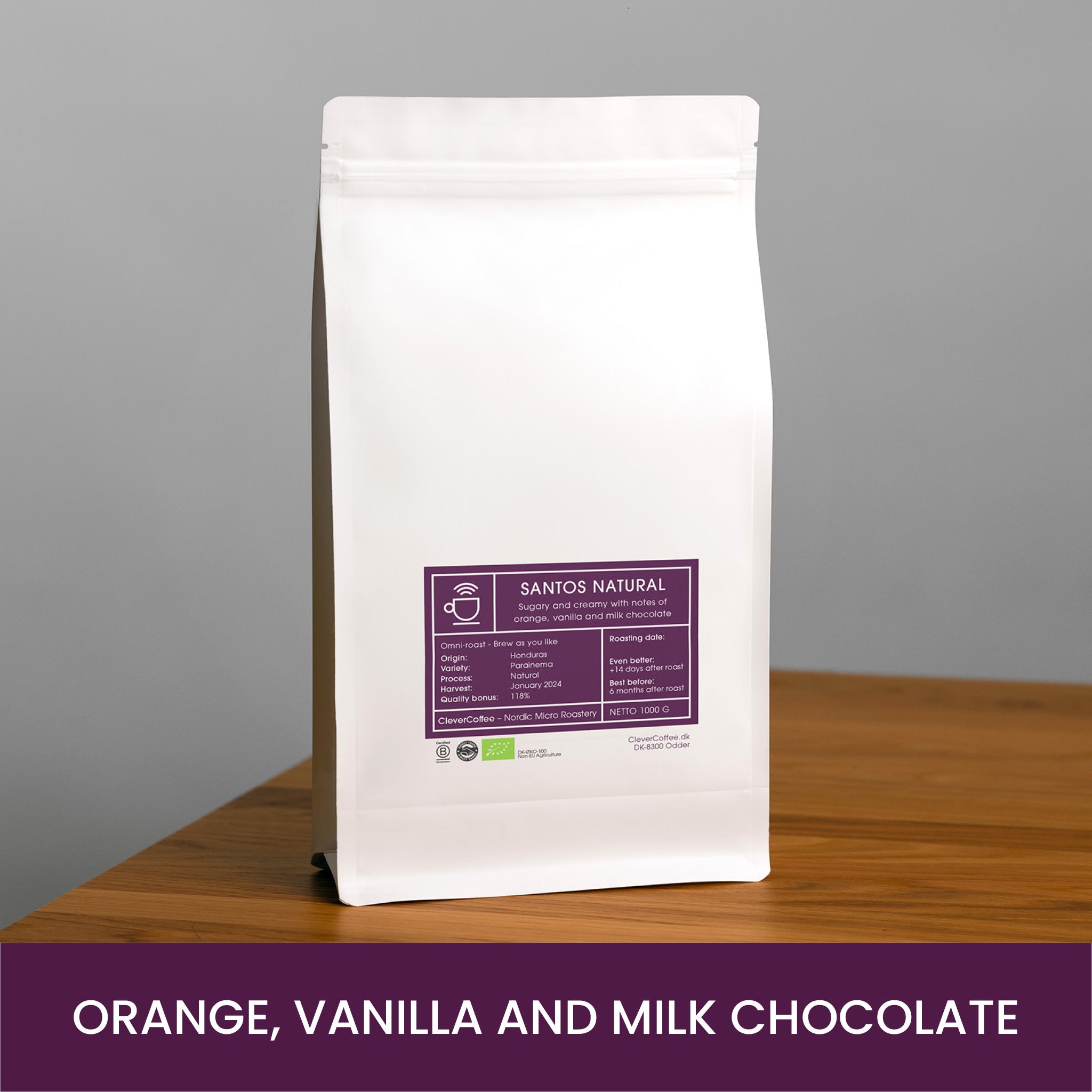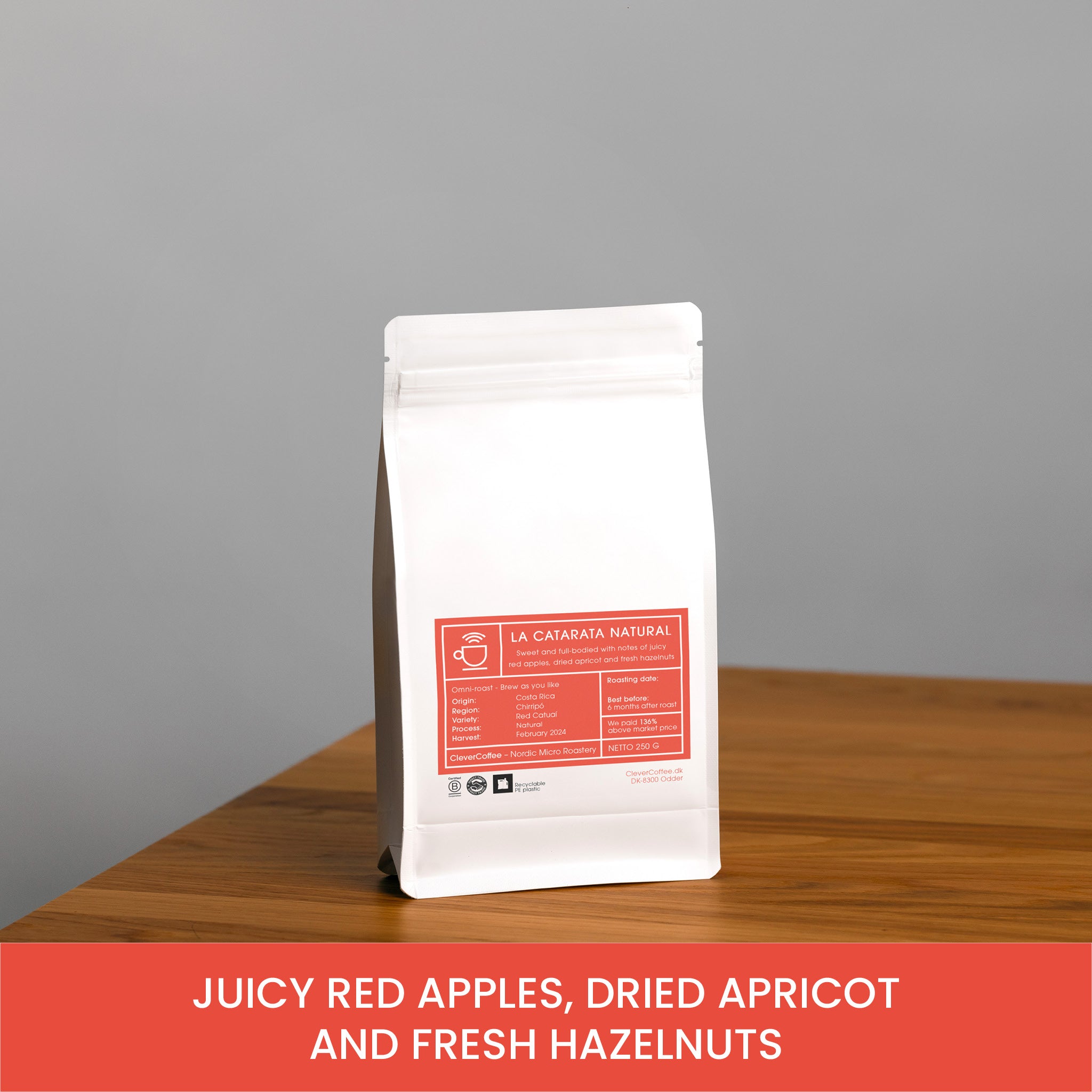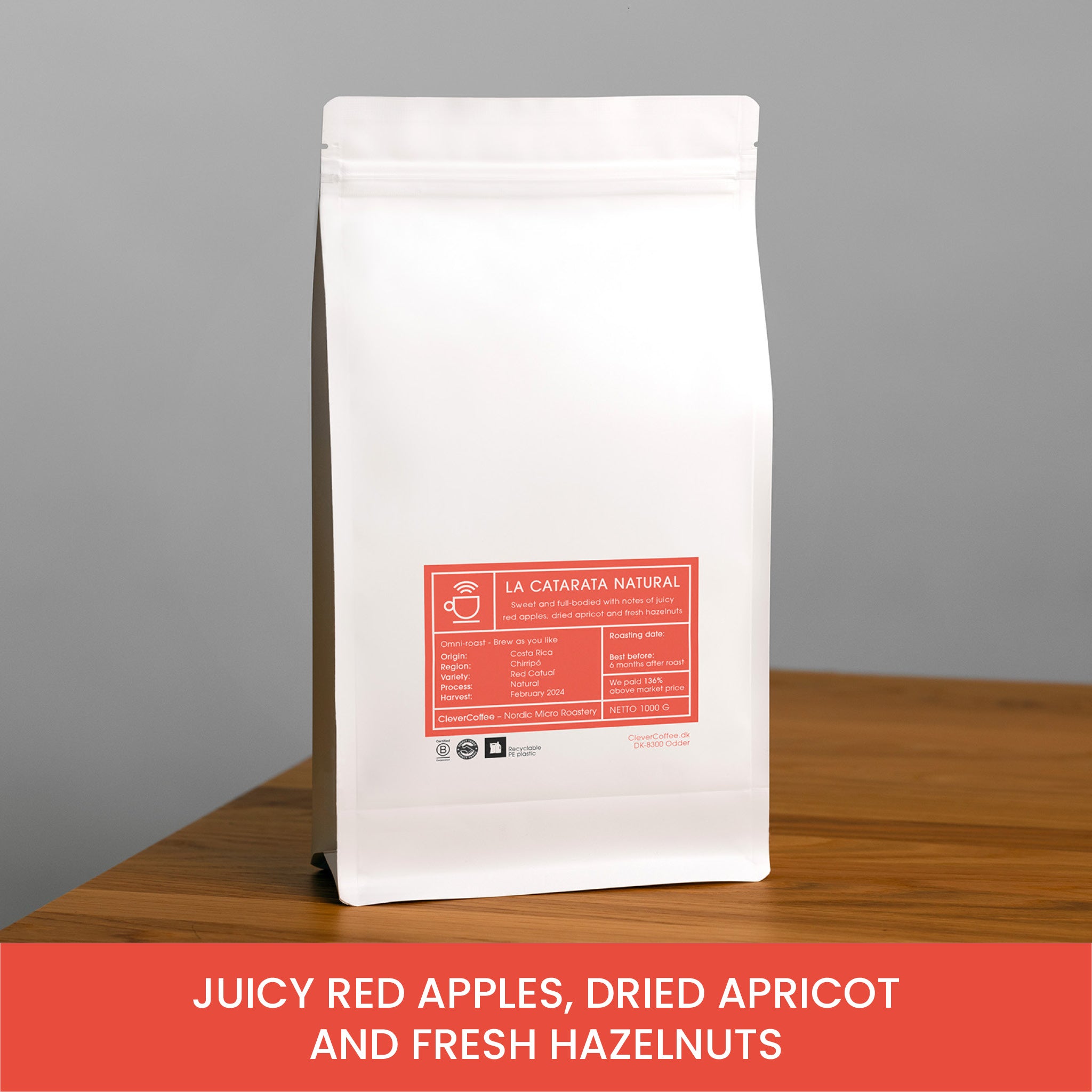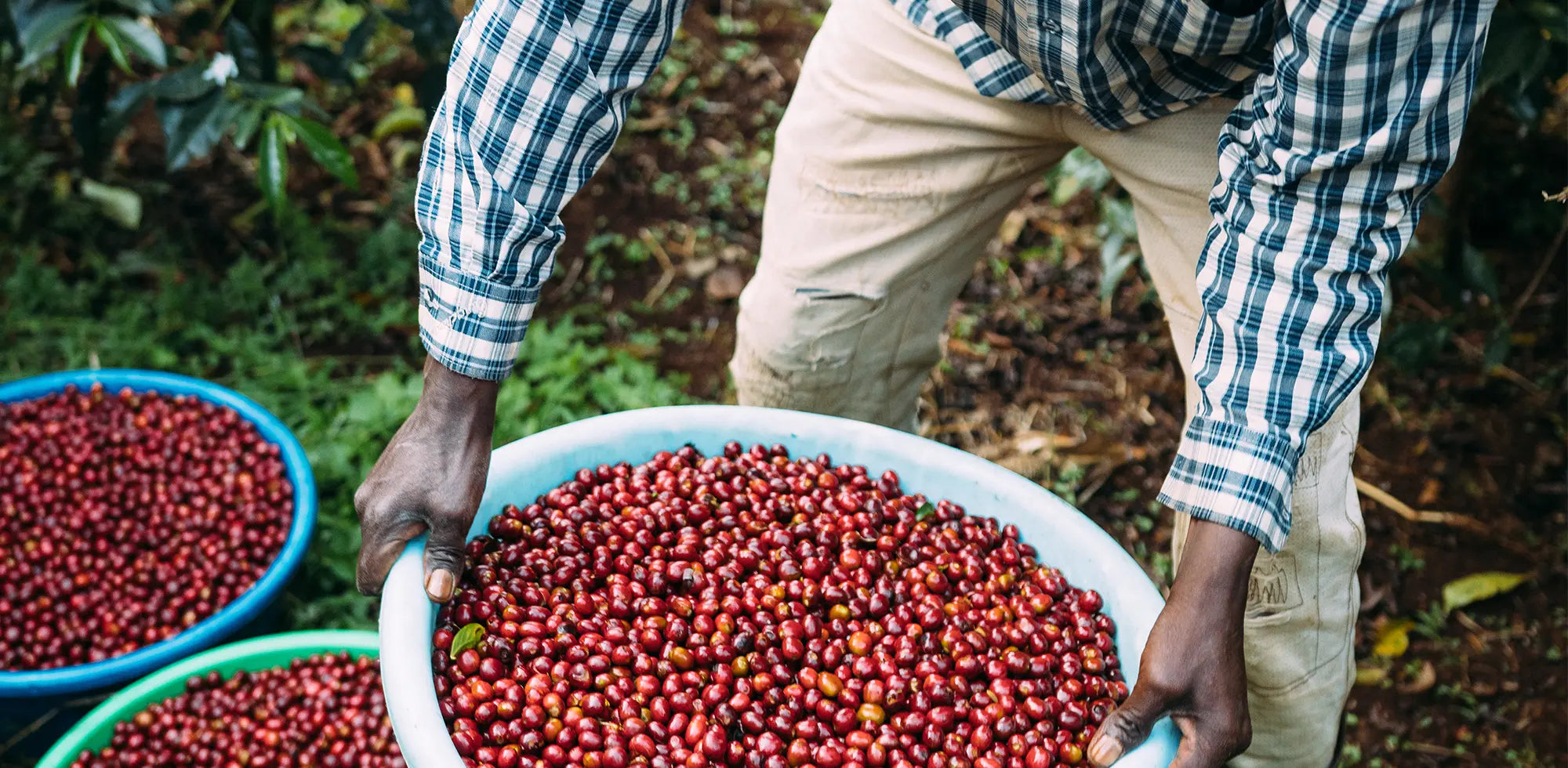Transparency
Direct trade
Our biggest goal is to eradicate poverty in the coffee industry, which is why it is very important for us to trade directly. "Direct Trade" is coffee we trade directly with the coffee farmer or coffee cooperatives without going through an intermediary or the C-Market. This way, we ensure transparency in our selection and create a dialogue with the farmer, which would not otherwise be possible.
We focus on direct trade because it gives the farmer a much greater opportunity to make a profit. This way, they can continue their great work and create the conditions for a sustainable business for all parties. If we can make sure that a farm can get out of poverty and increase responsibility in coffee production, we see that as a huge victory.
The Responsible Choice
Responsible Coffee – What Does It Mean?
We do not compromise with our coffee, and therefore we do not refer to our coffee as sustainable coffee either. That's because we prefer to express accountability. This means that we deal directly with farmers and pay them a decent price that they can actually live on.
In addition, we are also facing the climate crisis. This means that we buy coffee that is grown in ways that do not worsen the climate. This is seen, for example, in coffee which is cultivated or naturally grows in forests (agroforestry) rather than cleared farmland. When coffee is grown in the forest, it grows in the shade (shade-grown), which gives the coffee very specific flavour notes and increases biodiversity in the area.
In addition, we also try to reduce our own footprint on the climate. It helps that we look at our CO2 emissions every year and work on how we can reduce it. For example, we always choose to have our coffee sent on cargo ships rather than airplanes, because the CO2 emissions are far less.
The knowledge we present as our responsibility is always available to you in our Transparency Report. We make a new one every year, so you can always follow our development and progress.

